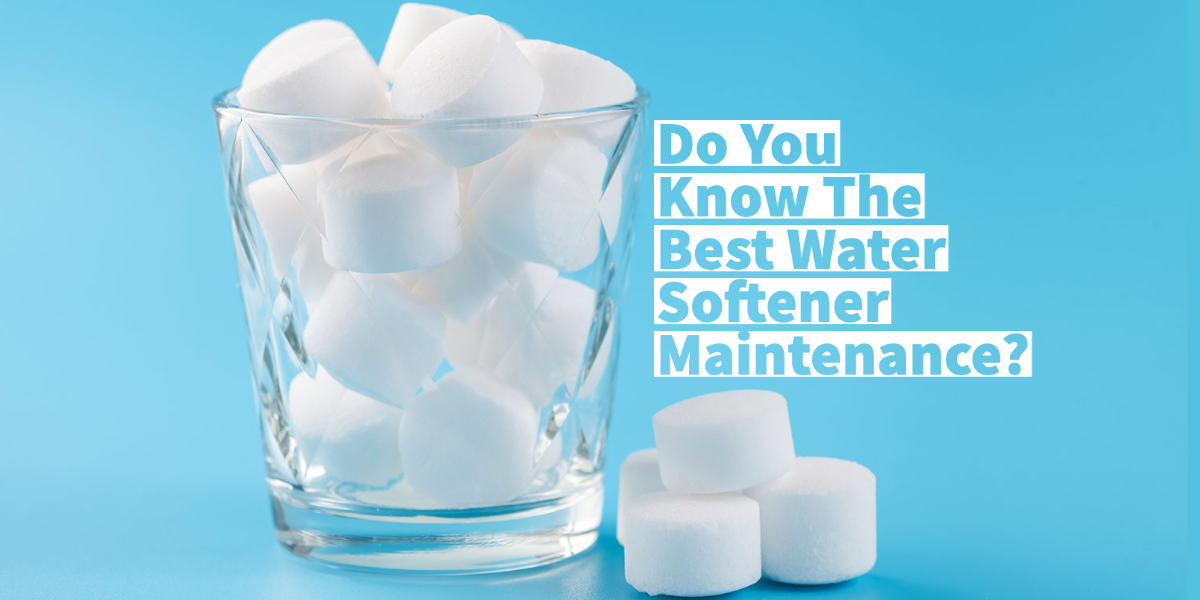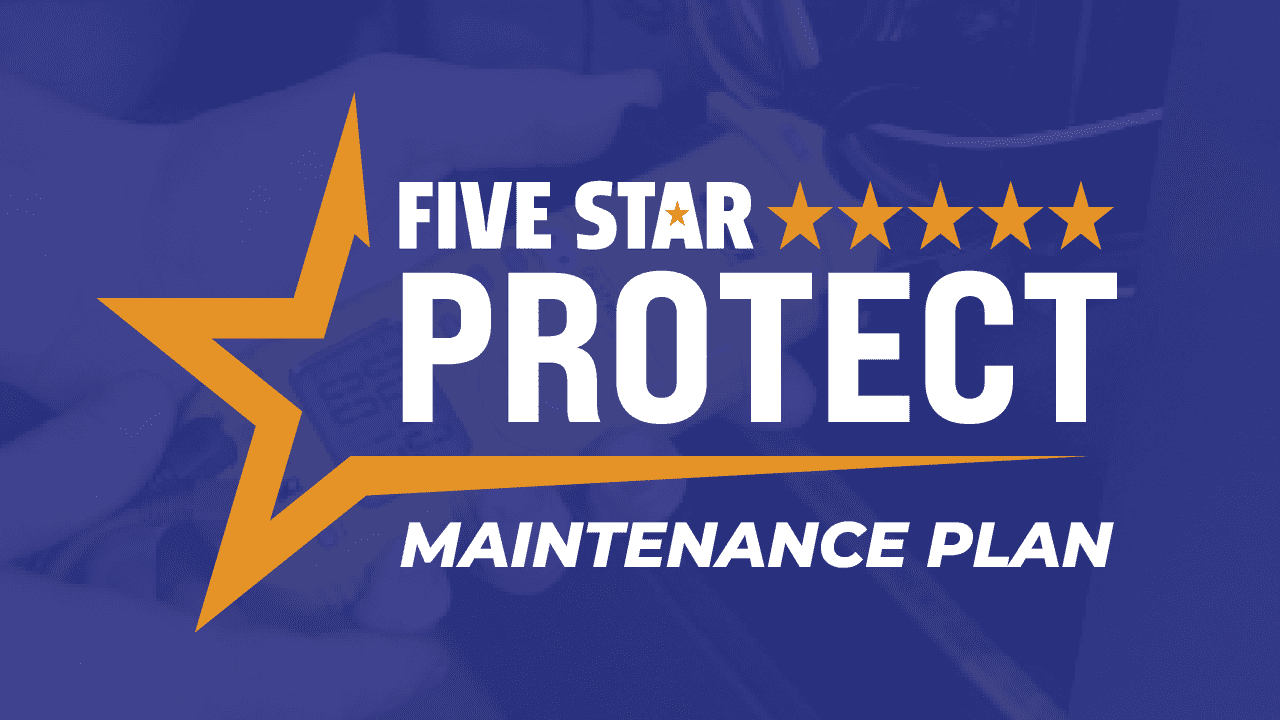Your water softener can have a long life with few problems, given that it has been properly set up and has received all necessary maintenance. The following tips should help you maintain your water softener and keep it in peak condition for years to come.
Set the Correct Time
Unlike the clock on your microwave or some other household appliances, it is vital that you have the correct time set on your water softener unit. The further off the time is from the actual time, the more this small oversight can turn into a bigger problem.
The softener is set to turn off and run a regeneration cycle at a very late / early hour when people generally use the least amount of water. If the time is off by three or four hours, instead of this cycle running while your family is sleeping, the softener might be regenerating while you are taking a shower with hard water when you are getting ready for work in the morning.
Use the Proper Salt Level
If the softener isn’t functioning correctly it will add more or less salt than is needed, and this could lead to problems. Too little salt means the water isn’t actually being softened, and you will experience the same problems you normally do with hard water. Too much salt can be corrosive and damaging to pipes and appliances.
Also, be sure to check your salt level once a month. When checking salt levels, be sure that your salt reserve is kept at least half full.
Use the Right Salt
Rock salt, solar salt, and evaporated salt are sold for water softening. Certain water softeners are sometimes made for certain water softening products, and this includes salts. Check the paperwork that came with your softener to ensure that you are using the right type of salt for your unit.
If your water softener unit doesn’t require one certain type of salt, you are free to use the kind that you prefer. It is important to note that even though rock salt is cheaper than solar salt or evaporated salt, it contains a lot of non-water-soluble matter. If you use rock salt, you will find that you need to clean out your water softener’s reservoir much more often, which will cost you additional time. Evaporated salt contains the least non-water-soluble matter.
You can generally mix salts in a water softener if need be, unless you do have a softener designed for a particular type of salt. It might be a wise idea to let your unit go empty before adding a different type of salt to avoid problems. Also, please note, using a non-recommended softening product could cause your softener to function poorly.
Conclusion
Correct setup and regular maintenance can help your water softener to be with you and your family for a long time. By taking proper care of your water softener, you can help to make your softener an easy to own, hassle free investment. There are more things that you can do to keep your softener in perfect condition to help it have a long life; check with a professional when your softener is installed to be sure that you have all the information you need for proper maintenance of your water softener.





